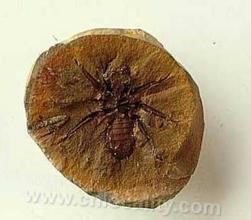welcomeSpecialty Foods Products!

Lignite, also known as firewood, is a mineral coal with the lowest degree of coalification. A brown-black, dull low-grade coal between peat and bituminous coal. Strong chemical reactivity, easy weathering in the air, not easy to store and transport. Legend has it that a hundred years ago, a daughter-in-law came back from her family's visit and suddenly found some unburned coals (kindling) in the ashes of the stove, which were as big as fists and as small as apricot stones. Surprised, the daughter-in-law put a few pieces of broken charcoal on the charcoal. After a while, the charcoal was absorbed. Since then, the interesting theory of "living in the family charcoal" has spread among the people to this day. The scientific name of "living in the family charcoal" is lignite, also known as simmering charcoal. Lignite is brown or brownish black with a dull luster. The degree of coalification is higher than peat and belongs to young coal. Lignite has a unique and excellent character. When heating, just put a few pieces of fire into the furnace, and then put some crushed lignite on the fire. After a while, the charcoal will suddenly break. When boiling mutton, if you use this kind of fire without black smoke as charcoal, the flame will be very strong. When cooking, if there is no kindling or chopping wood, you can take a newspaper and light the lignite. Lignite is loose and easily weathered. To preserve lignite, it must be sheltered from wind and rain and kept indoors. If exposed to the wind, sun and rain, the inconspicuous layered structure will be denuded to float like fish scales. The denser structure also becomes loose, and finally the lignite is weathered into powder. Besides being directly used as fuel and power generation, lignite can also be decomposed into gas, coal tar and coke. Extraction of benzene, synthetic ammonia, aminoethylene, acetylene and other chemical raw materials; Recovery of rare elements such as germanium, gallium, vanadium, uranium, gadolinium and beryllium; The liquid coal tar and light oil can be hydrogenated at high pressure to make gasoline, kerosene, diesel oil and lubricating oil. The refined phenol and xylenol are raw materials for synthetic fibers and plastics.
Reprinted with attribution:
https://cnlocality.com/(Chinese Specialty Products)
other
consult:(+86)13225231905